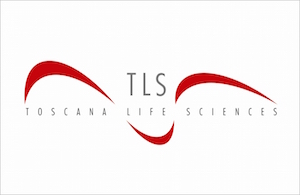Recent studies have shown that, as a result of glomerular injury, glomerular epithelial cells are detached and are lost in the urine as demonstrated both in mouse models and in human glomerular diseases. Cells isolated from the urine do not constitute a homogeneous population but, rather, are a heterogeneous population expressing both podocyte markers and markers characteristic of parietal epithelial cells of the Bowman's capsule. Their excretion in urine is proposed as a useful non-invasive marker for assessing the activity of the glomerular disease in patients suffering from various glomerular diseases such as focal segmental glomerulosclerosis, membranous glomerulonephritis, membrano-proliferative glomerulonephritis and IgA nephropathy. The excretion in urine of renal progenitors would offer the possibility to isolate them from urine samples of patients suffering from glomerular conditions. These cells showed in vitro characteristics of multipotent progenitor able to differentiate into multiple cellular lineages. However, all the methods described to date have not well characterized the specific population of progenitors obtained and have purified stem or progenitor populations having low efficiency and purity. It is therefore clear that there is a need to have a non-invasive method to isolate with high efficiency, purity and reproducibility the population of renal progenitors CD 33+CD24+ which may then be easily induced to differentiate into podocytes.
Use of cells differentiated to podocyte or tubular phenotype as in vitro cellular models:
- for the screening of drugs for the treatment of renal diseases;
- for the patient-specific prediction of renal toxicity of drugs;
- as cellular models for the in vitro study of the functional role of unknown mutations
involved in renal diseases;
- as diagnostic method or tool for renal diseases.
N.A.
The present invention describes a non-invasive method to isolate with high efficiency, purity and reproducibility the population of renal progenitors CD133+CD24+, from urine samples of patients suffering from various glomerular diseases.
Said renal progenitors can then easily be induced to differentiate into podocytes.
The isolation of renal progenitors with the method of the invention allows the use of said cells as a cellular model of a disease for the in vitro study of genetic mutations due to the podocyte or for the study of renal toxicity induced by potentially nephrotoxic drugs on the tubulesmax 2500 characters







